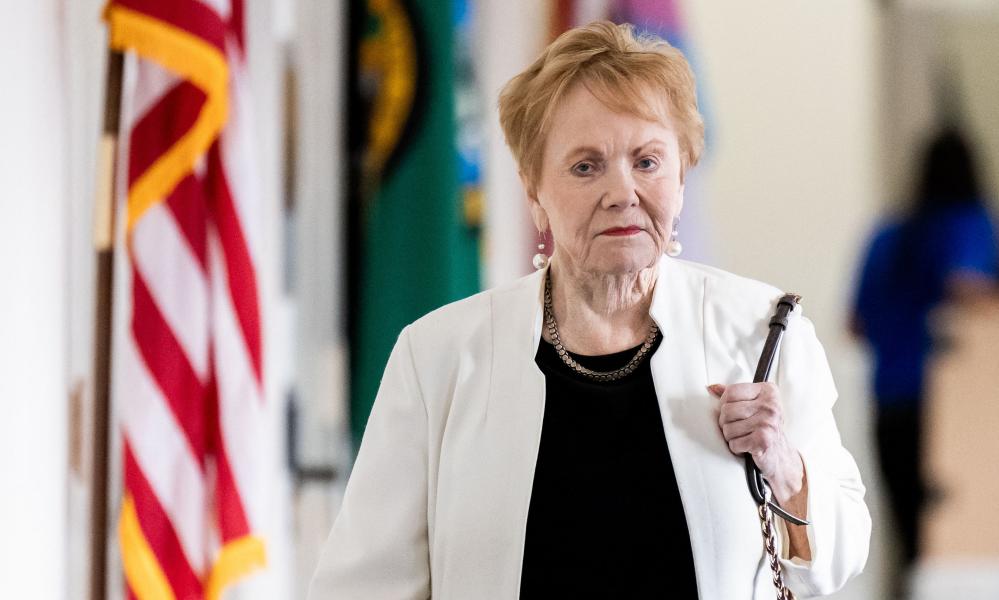Kay Granger, a Republican congresswoman representing Texas’s 12th congressional district, has not cast a vote in the US House of Representatives since July, sparking significant public concern due to her health issues. Granger, who is 81 years old and has served in Congress since 1997, has been grappling with “dementia issues” that her family revealed only after a Dallas media outlet uncovered her location at a senior living facility. Prior to this revelation, Granger had largely disappeared from public life, particularly after announcing her retirement plans for 2025. The last recorded vote she cast was on July 24, opposing a salary reduction for a government official just days after President Joe Biden withdrew from his re-election campaign amid concerns about his own age and cognitive fitness.
The situation concerning Granger became a topic of investigation for journalist Carlos Turcios, who discovered that the congresswoman was residing in an assisted living facility specializing in memory care. He was tipped off by a local resident who suspected that Granger’s prolonged period away from Congress and her unreachable offices warranted further inquiry. After confirming her residency with the facility’s staff, the media began reporting on her condition. Granger’s son later characterized her health issues, stating that she was experiencing dementia concerns but clarified that she lived in the independent section of the senior living community.
In the wake of this reporting, notable Texas Republican leaders voiced their concerns over Granger’s absence and the implications for her constituents. Bo French, chairperson of the Tarrant County Republican Party, expressed dissatisfaction regarding the lack of representation, particularly during crucial votes related to disaster relief, the debt ceiling, and the US-Mexico border. Additionally, fellow Texas Republican Rolando Garcia lamented that this situation starkly highlighted the inadequacies within the congressional gerontocracy and raised questions about the circumstances under which Granger was allowed to continue in her role.
Despite the pressing issues, Granger was honored by US House Speaker Mike Johnson and Majority Leader Steve Scalise at a Washington event in November, who praised her long-standing service and commitment to Texas. Johnson’s remarks mirrored sentiments often directed at political figures facing age-related skepticism, notably reflecting a trend in the political discourse surrounding older politicians like President Biden. The political landscape has seen various discussions regarding the capacities of aging leaders, especially following Biden’s withdrawal from the presidential race and the preceding debates that sparked discussions about his cognitive abilities.
Adding to the complexities, Granger’s seat was filled in November by Texas state House representative Craig Goldman after winning election to take her place in Congress. This transition underscores the challenges present when long-term incumbents face health crises, which, in Granger’s case, affected not only her ability to serve but also raised broader questions about representation and accountability in Congress. This situation also brought to the fore the discussion on leadership transitions and the ongoing generational change within political spaces that have been dominated by seasoned politicians.
The attention drawn to Granger’s circumstances culminated in substantial public discourse, particularly on social media, where many expressed outrage over the perceived lack of transparency regarding her health condition. Critics urged that responsibility fell on those who failed to act on Granger’s declining health before the situation became public. The overwhelming reaction to her condition and the accountability demanded from those within her political circle reflect a significant moment of introspection within the Republican Party, revealing tensions regarding the welfare and representation of members who may be unfit for service due to health challenges. This case has brought forward important discussions about the ethical duties of elected officials, especially regarding transparency and the best interests of their constituents.

